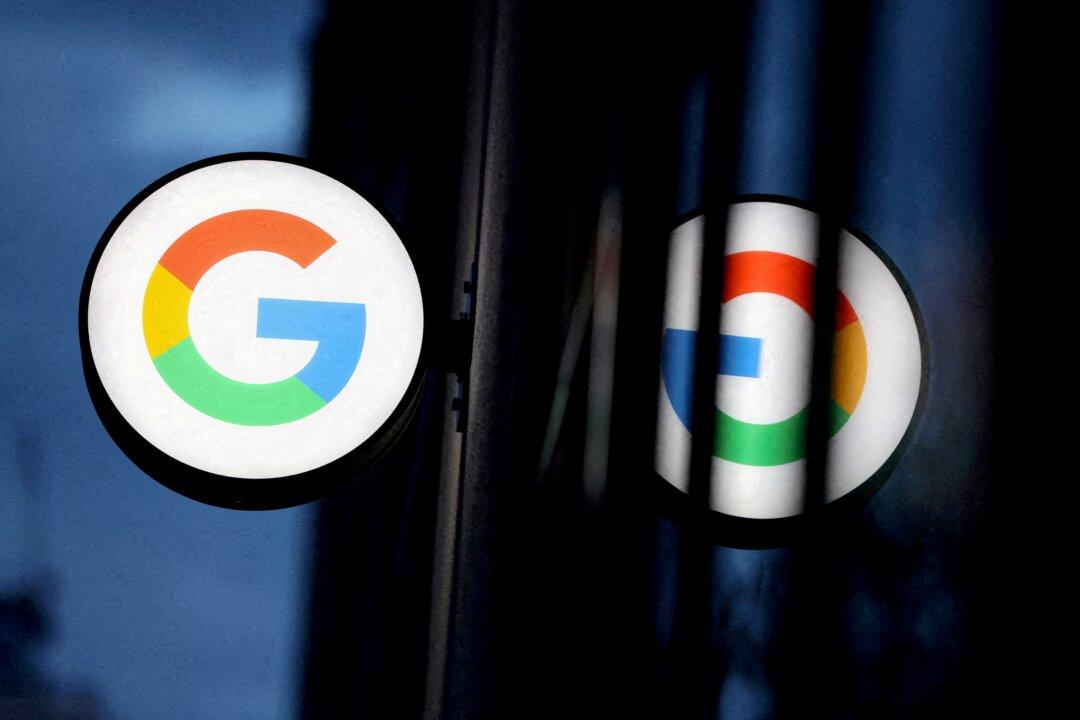Google said on Monday that it would pay $700 million to settle a lawsuit filed by a group of U.S. states that accused the internet giant of running a monopoly on its Play Store to inflate prices for paid apps.
The company agreed to pay $630 million into a settlement fund for consumers and $70 million into a fund that will be used by the states, according to the settlement, which still requires a court’s final approval.





